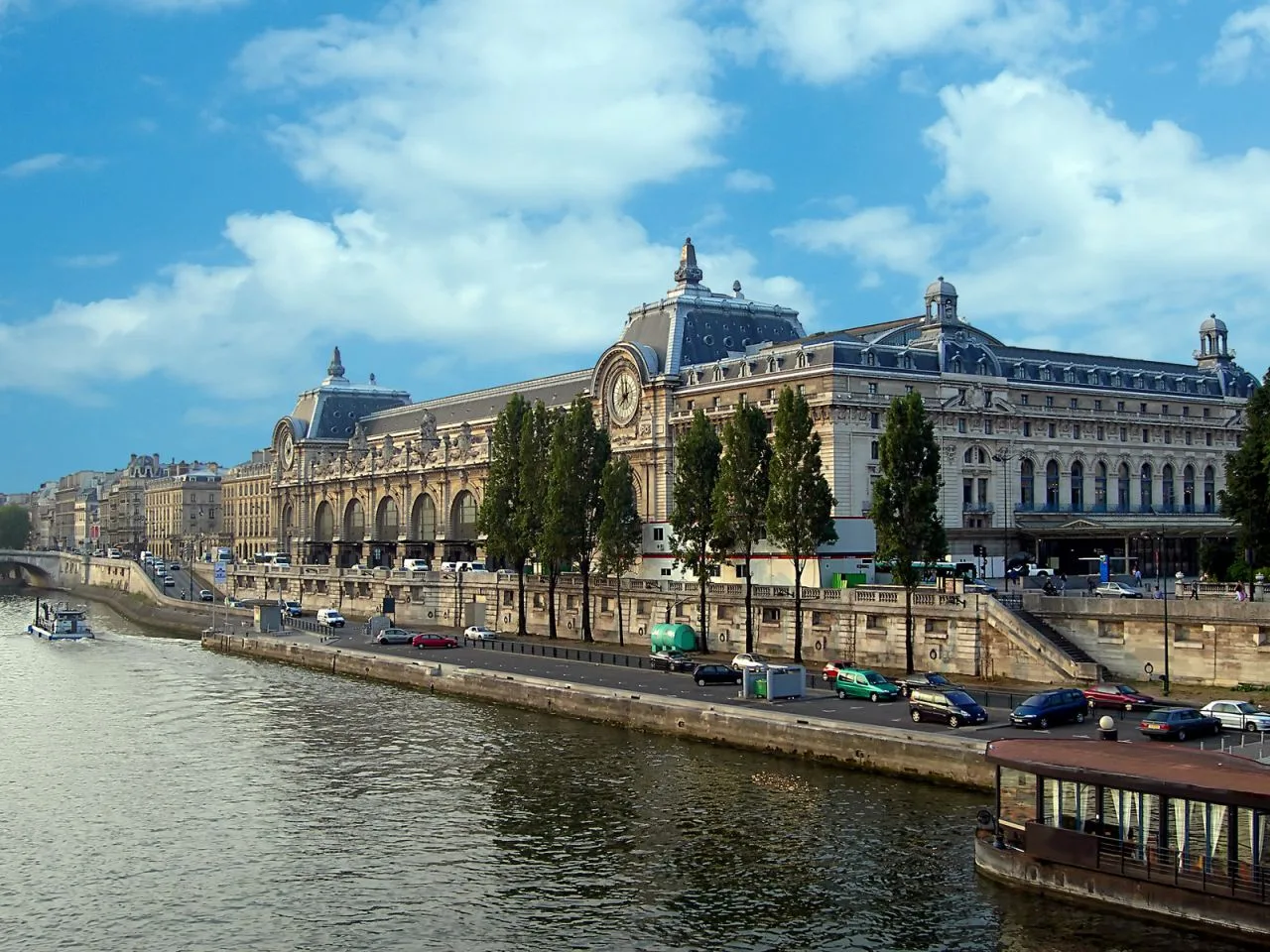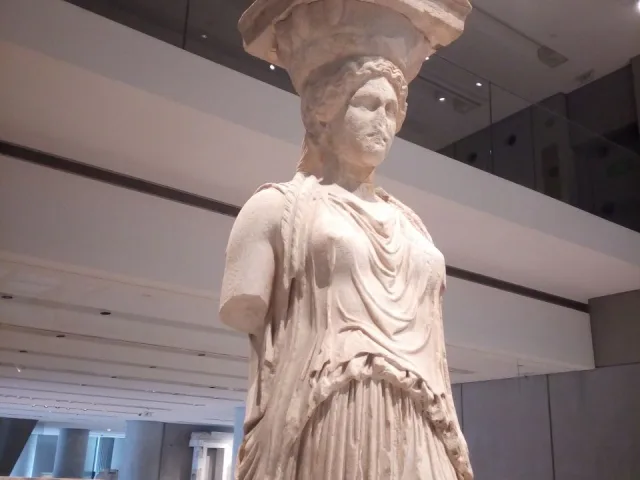Musée d’Orsay
Address
1 Rue de la Légion d'Honneur, 75007 Paris, France
GPS
48.85991785, 2.3265828346966
The Musée d’Orsay is a museum on the Left Bank of the Seine, in Paris, France. It is housed at the former Gare d’Orsay, a railway station built by Beaux-Arts between 1898 and 1900. The museum mainly houses French art from 1848 till 1914, including paintings, sculptures, furniture and photography.
Nearly three million people visit the Musée d’Orsay every year, making it one of the most popular museums in Paris. It was originally constructed as the Gare d’Orsay for the 1900 Universal Exposition. In 1978, the train station was designated as a historical landmark, and in 1986, was opened to the public as a museum.
 The Musée d’Orsay is an excellent illustration of the Beaux Arts style and features the works of 19th century artists, most notably Impressionists and pre-Impressionists. While browsing the galleries, you can find works by such masters as Pissarro, Van Gogh, Renoir, Monet, Millet, and Degas; also, the museum’s original, stunning station clock can be seen in the main hall.
The Musée d’Orsay is an excellent illustration of the Beaux Arts style and features the works of 19th century artists, most notably Impressionists and pre-Impressionists. While browsing the galleries, you can find works by such masters as Pissarro, Van Gogh, Renoir, Monet, Millet, and Degas; also, the museum’s original, stunning station clock can be seen in the main hall.
Orsay offers on three floors an unparalleled multidisciplinary collection that includes not only painting but also sculpture (Rodin, Bourdelle, etc.), decorative arts (Gaud, Guimard, etc.), graphic arts, photography, and architecture, all of which are housed under the great vaulted nave drenched in light.
Perfect for lovers of impressionism
The museum houses over a thousand paintings, making it the world’s greatest collection of impressionist art. Young painters like Monet, Renoir, Sisley, Cézanne, Pissarro, and Degas in the second half of the 19th century were frustrated by the Academy’s conservatism and saw no value in depicting reality on canvas because photographs already did a better job of that. Alright.
 They wish to record their impression in writing after confronting reality. The discovery of the flexible tube of paint, which allows painters to work outside, allows them to capture the shifting light and everyday circumstances that inspire their work. As a visual effect, this creates the renowned “impressionist touch” through clever colour juxtapositions and contrasts.
They wish to record their impression in writing after confronting reality. The discovery of the flexible tube of paint, which allows painters to work outside, allows them to capture the shifting light and everyday circumstances that inspire their work. As a visual effect, this creates the renowned “impressionist touch” through clever colour juxtapositions and contrasts.
On the fifth level, the Impressionists have their own museum centred on Manet’s groundbreaking Déjeuner sur l’herbe. Monet’s Poppies and La Gare Saint-Lazare, Pissarro’s Landscape at Éragny, Renoir’s Bal du moulin de la Galette, and Degas’s Little 14-Year-Old Dancer are just a few of the many masterpieces along the rest of the road.
 Cézanne’s geometric still lifes and Monet’s Water Lilies, both of which you can see in different iterations at the Musée de l’Orangerie, are two examples of works that foreshadow the abstraction that was to come. You can cross the Seine on the Léopold Sédar Senghor footbridge and go to the Musée d’Orsay from there.
Cézanne’s geometric still lifes and Monet’s Water Lilies, both of which you can see in different iterations at the Musée de l’Orangerie, are two examples of works that foreshadow the abstraction that was to come. You can cross the Seine on the Léopold Sédar Senghor footbridge and go to the Musée d’Orsay from there.
Don’t miss out on the fantastic view of Paris through the clocks, either. Twenty-four canvases by Van Gogh (including The Starry Night) and works by Seurat (Le Cirque) or Matisse (at the middle level) represent Post-Impressionism.
Family activities
Take advantage of the museum’s family events to expose your kids to modern art. Children aged 6-12 will be welcomed into the art world with open arms thanks to Sunday game-tours, weekday focused conference visits, and weekend workshop visits (reservations required).




